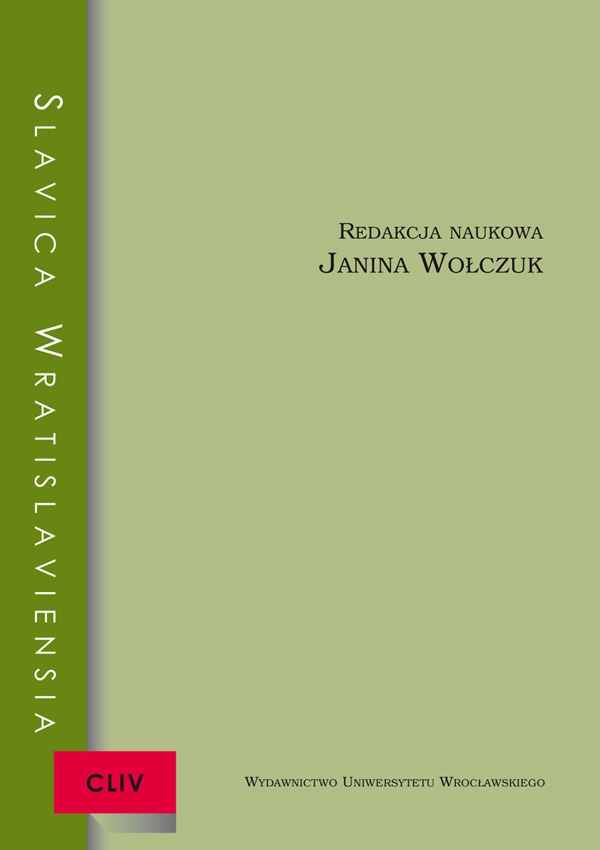

Artykuły

Issues of national identity in the defenses of Czech language in the late eighteenth century
The Enlightenment and especially the Herderian linguistic nationalism bring about a new understanding of national identity. For the “new” Czech, language becomes the road to independence. The real feeling of freedom can only be delivered in “their own” language, mother tongue. This spirit is cherished by a number of intellectuals who, aware of the tendencies world-wide, identify national identity with language. In the face of social restructuring, major Germanization of higher classes and the lower classes becoming the motor of change, the language represents the life of Czech people. Defenses of Czech language so-called apologies of Czech language of that time recounted transition of the Czech into a modern nation — from the Enlightenment onwards Czechness would be defined by means of the native language with all its pros and cons.